Meet Justice Bijan Kumar Mukherjea and his Notable Judicial decisions
- ByPravleen Kaur --
- 17 Jun 2025 --
- 0 Comments
Justice Bijan Kumar Mukherjea (1891–1956) was the fourth Chief Justice of India, serving from December 22, 1954, to January 31, 1956. Born in Nabadwip, West Bengal, into a family of modest means, Justice Mukherjea rose to prominence through academic brilliance and a deep commitment to public service. He joined the Calcutta Bar in 1914, served as Junior and then Senior Government Pleader at the Calcutta High Court, and was appointed a judge of the Calcutta High Court in 1936. He later served on the Bengal Boundary Commission in 1947 and was appointed to the Federal Court (later the Supreme Court) in 1948, becoming its first Bengali appointee.
Judicial Career and Philosophy
Justice Mukherjea was known for his scholarly approach, integrity, and humility. Notably, when Prime Minister Jawaharlal Nehru offered him the position of Chief Justice after Justice Patanjali Sastri’s retirement, Mukherjea declined, insisting that Mehr Chand Mahajan, his senior, be appointed instead—a testament to his principled character.
During his five years on the Supreme Court, Justice Mukherjea delivered 87 judgments and sat on 281 benches. His work focused heavily on constitutional and property law, with 38% of his caseload involving constitutional matters.
Landmark Judgments
1. Tax Law and Constitutional Interpretation
Justice Mukherjea authored several important judgments in tax law, clarifying the scope of legislative competence and the distribution of powers between the Union and the states. His judgments often emphasized the need for clear statutory interpretation and the protection of individual rights within the framework of the Constitution.
2. Property Rights and Religious Endowments
He delivered significant rulings on property law, particularly concerning religious and charitable endowments. Justice Mukherjea’s expertise in Hindu law was evident in cases involving the management and succession of religious trusts, where he balanced traditional practices with constitutional principles. His judgments helped shape the development of law relating to religious institutions and property rights in post-independence India.
3. Bengal Boundary Commission
As a member of the Bengal Boundary Commission in 1947, Justice Mukherjea played a crucial role in the partition of Bengal, which had lasting legal and social implications for the region and the country.
4. Constitutional Bench Decisions
Justice Mukherjea contributed to several early constitutional bench decisions that defined the contours of fundamental rights, state power, and the interpretation of the newly adopted Constitution. His judgments were marked by clarity, depth, and a commitment to upholding the rule of law.
Legacy
Justice Bijan Kumar Mukherjea’s tenure as Chief Justice, though brief due to health issues, was marked by scholarly rigor and a deep sense of justice. He is remembered for his contributions to constitutional law, property rights, and the administration of justice. His integrity, humility, and dedication to the judiciary set enduring standards for future generations of Indian judges.

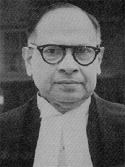












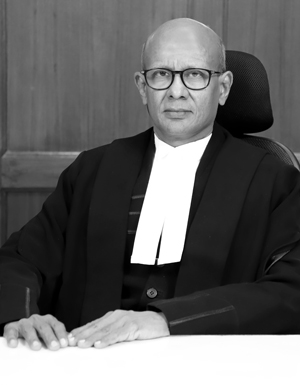

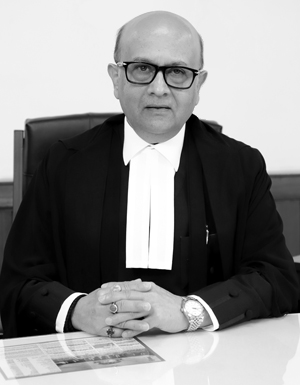



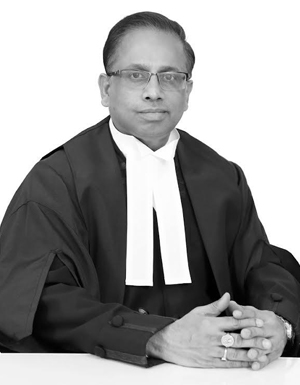

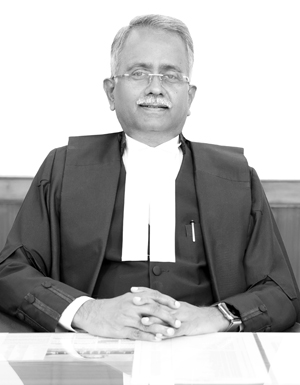
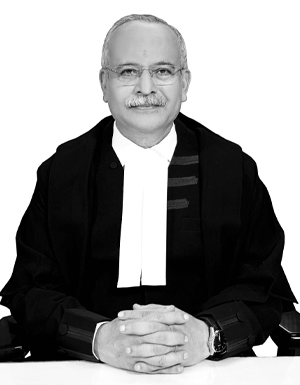

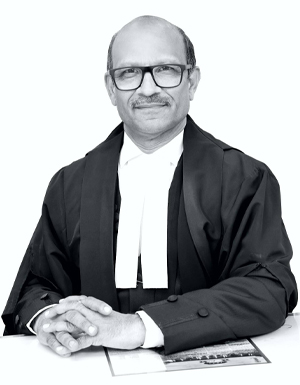



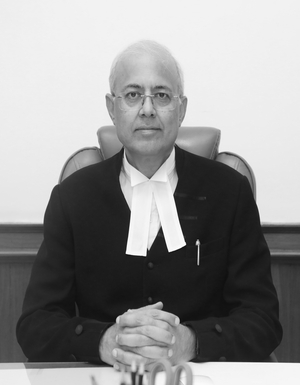






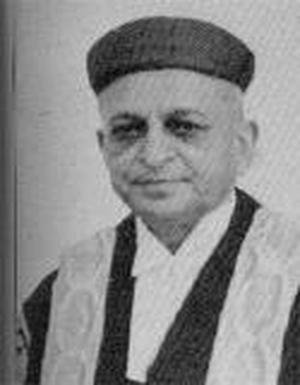
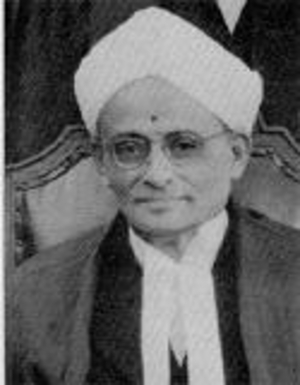
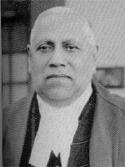
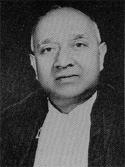

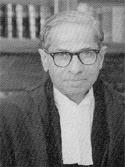
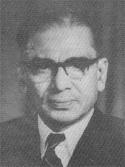
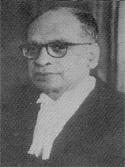
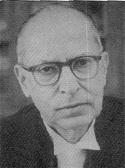
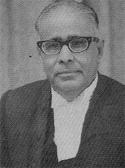
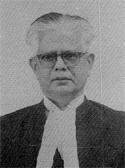
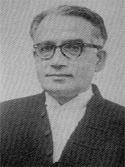
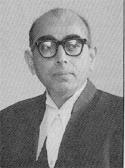

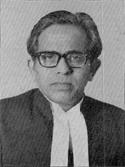
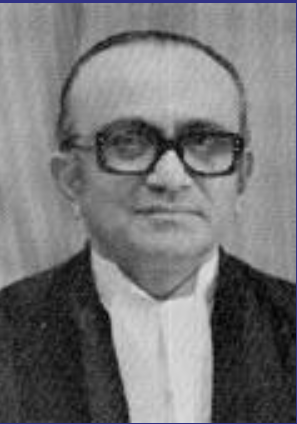

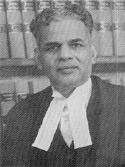
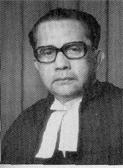
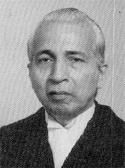
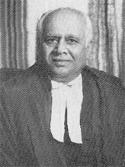
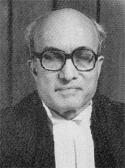
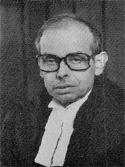
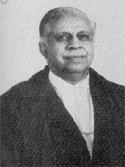

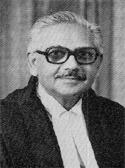
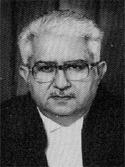
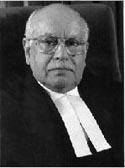
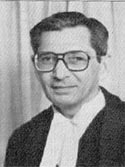


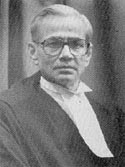
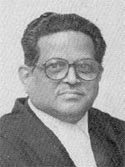

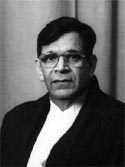
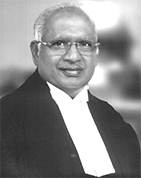

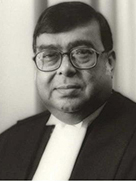

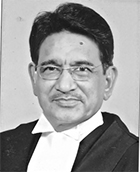



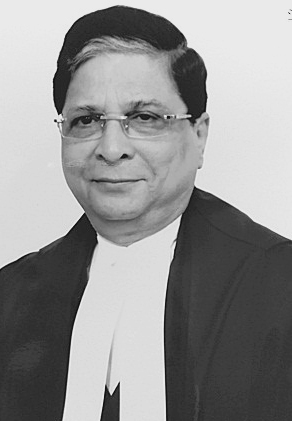
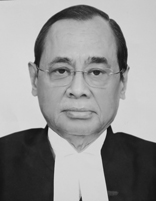

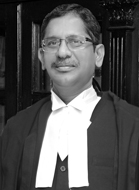

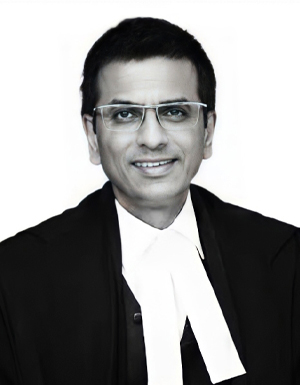

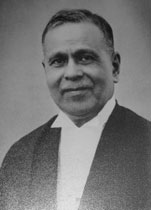
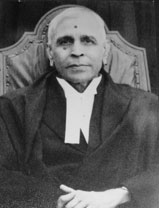

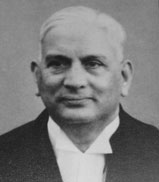
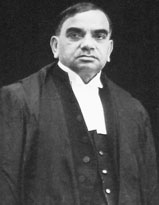

0 comments